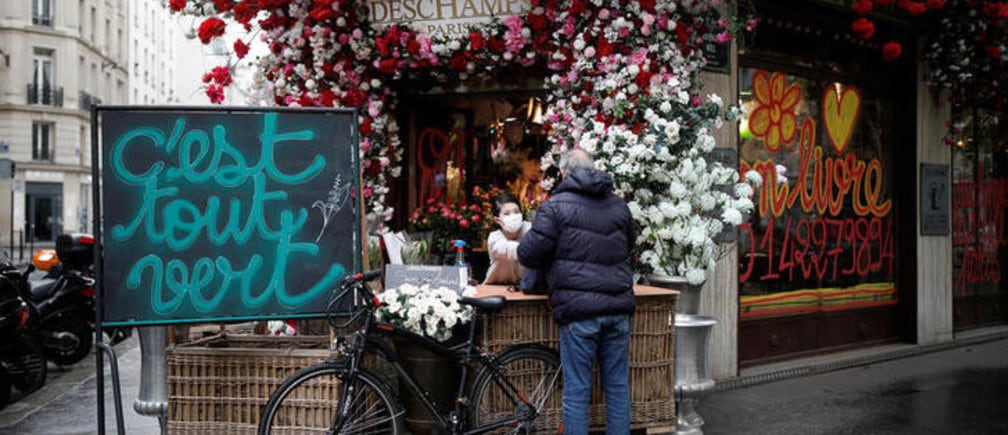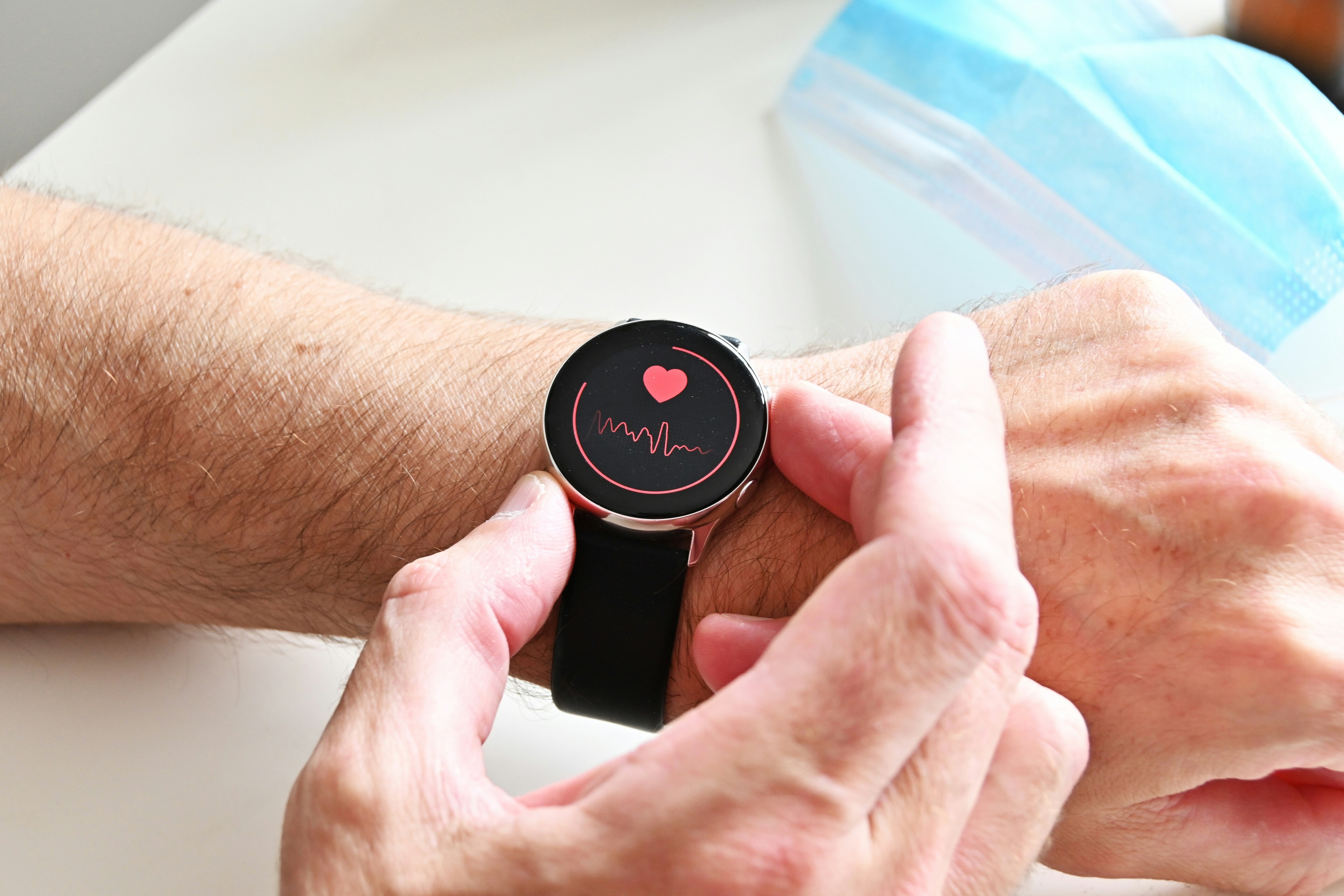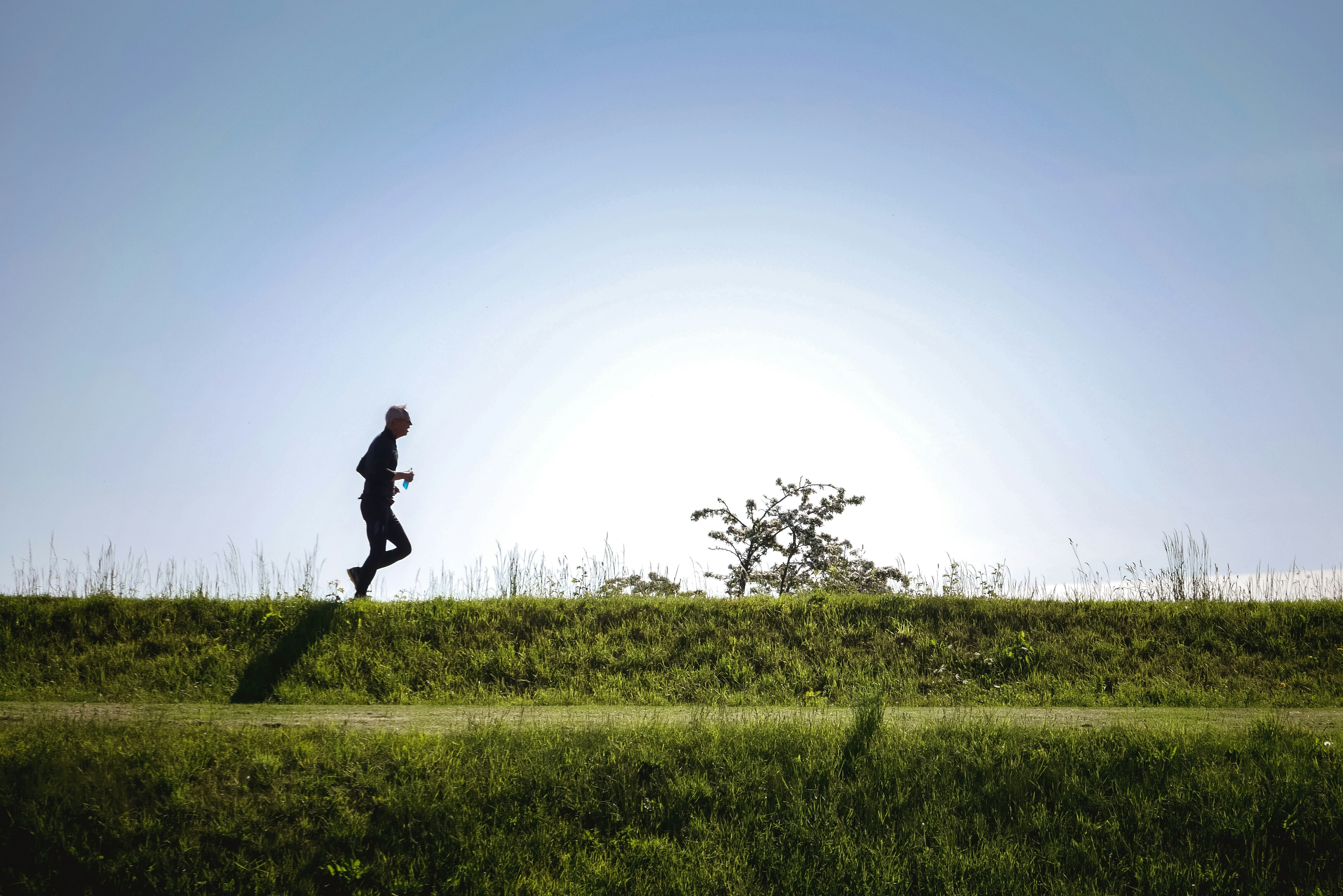France’s plan to push pedal power to keep post-pandemic pollution levels low

'It's all green', France launches a $20 million scheme to get more people cycling to cut pollution. Image: REUTERS/Benoit Tessier
- France is preparing to ease COVID-19 lockdown measures on 11 May.
- It’s introducing a $20 million scheme to get more people cycling - to cut pollution and keep people safe.
- Around the world, public transport is starting to move again with new safety measures.
As Albert Einstein wrote to his son Eduard, in 1930: “Life is like riding a bicycle, to keep your balance, you must keep moving.”
In today’s coronavirus pandemic, world leaders are looking for ways to get people out of lockdown and the economy moving again, while also balancing the impact on public health and the environment.
In France, the bicycle could play a key role in that, as the government plans to encourage people to cycle more after the lockdown measures are eased, to keep pollution levels down and people safe.
"We want this period to take a step forward in cycling culture, and that the bicycle is the little queen of deconfinement in a way," the Minister for Ecological Transition Élisabeth Borne said.
The $22 million scheme involves allowing people to have repairs at registered bike shops of up to $55, as well as paying for training and temporary parking spaces.
It’s hoped that people will switch to pedal power rather than driving for short journeys, with the ministry noting that 60% of "trips made in France in normal times are less than 5 kilometres".
Pollution in Paris
The move comes after France announced tentative measures to ease lockdown from 11 May, including the gradual reopening of schools, non-essential shops and markets.
Face masks will have to be worn on public transport, including all trains and the metro in Paris.
The capital city is also banning private cars from one of its main streets, the Rue de Rivoli, along which lies the Louvre, famously housing the Mona Lisa.
Mayor Anne Hidalgo said: “I would like there to be an axis dedicated exclusively to bikes and another reserved only for buses, taxis, emergency vehicles and craftsmen's vehicles, but not cars.”
It’s part of an existing plan to roll out more bike lanes across the city and around the country, to triple the rate of daily commutes taken on two wheels from 3% to 9% by 2024 - but it’s been accelerated because of the need to get people around safely as lockdown eases.
Around 48,000 people in France die prematurely each year due to air pollution, according to the Public Health France agency. But levels in Paris have dropped since the lockdown was introduced.
“We’re really witnessing an improvement in air quality, including pollutants responsible for global warming such as carbon dioxide,” Karine Leger, head of the Airparif agency which monitors air quality in the greater Paris region, told Reuters.
Globally, it’s estimated that levels of harmful particulate matter have dropped by up to 60% from the previous year in cities around the world, based on a three-week lockdown.
Post-lockdown public transport
Around the world, public transport is starting to move again, but new measures are being introduced to ensure passenger safety.
In Germany, where lockdown measures have already been lifted, it’s now mandatory to wear facemasks on public transport.
The European cities Milan and Brussels are increasing the number of cycle lanes to give people alternatives to using public transport.
When Wuhan, the city where the COVID-19 pandemic started, reopened trains and bus networks at the end of March, strict measures were in place, including social distancing, temperatures being taken, and passengers scanning a QR code to enable them to go through the gates.
In the UK, a report seen by the BBC from the London Strategic Coordination Group warns that the London Underground could be overwhelmed by demand if social distancing rules stay in place once lockdown is lifted.
The 2m social distance would mean capacity dropped to just 15% of normal levels on the Tube - and 12% on buses.
Don't miss any update on this topic
Create a free account and access your personalized content collection with our latest publications and analyses.
License and Republishing
World Economic Forum articles may be republished in accordance with the Creative Commons Attribution-NonCommercial-NoDerivatives 4.0 International Public License, and in accordance with our Terms of Use.
The views expressed in this article are those of the author alone and not the World Economic Forum.
Stay up to date:
France
Related topics:
Forum Stories newsletter
Bringing you weekly curated insights and analysis on the global issues that matter.
More on Health and Healthcare SystemsSee all
Sarah Sáenz Hernández
February 24, 2026








